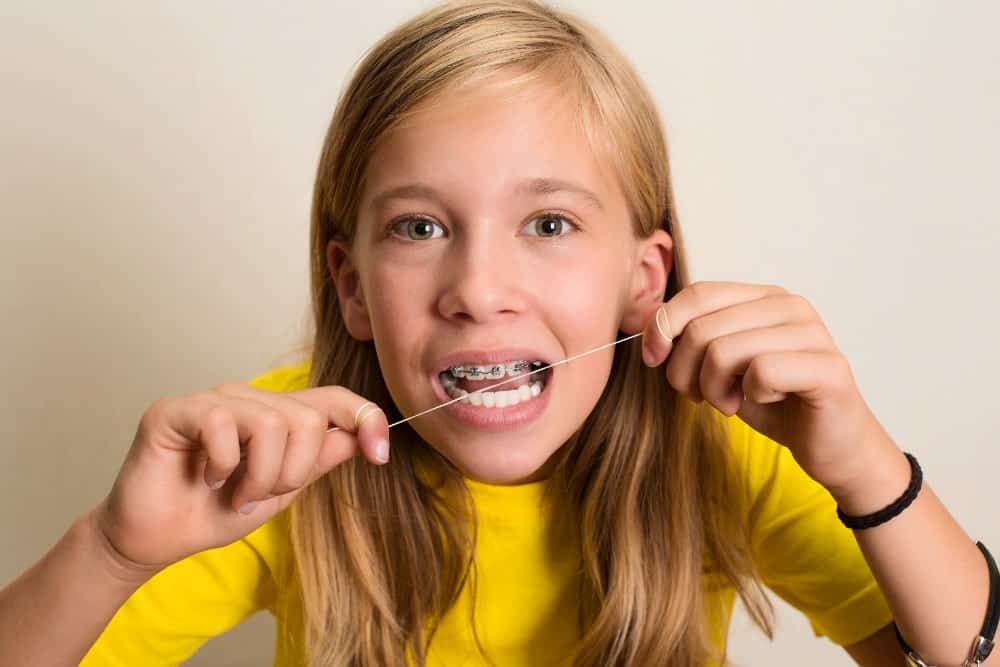You’ve been brushing your teeth for years now, making sure you’re utilizing proper brushing practices and seeing your dentist regularly. Your dentist recommends that you incorporate flossing into your routine to yield better results, but you’re confused about when to add this step into your process. You want to maintain the best oral hygiene you can, because you know the importance of having clean teeth and gums, and you want to make sure you’re doing everything correctly. So, which comes first, flossing or brushing? Before we get to the answer, let’s discuss the importance of both.
Why Flossing Is Important
Flossing is a crucial part of your daily oral hygiene routine. Not only does it help keep your mouth cleaner, it also aids in preventing tooth decay and gum disease. You see, when there is food stuck in between the teeth, bacteria builds up and plaque forms. Did you know that there are over 500 species of bacteria in plaque? Now, imagine that in your mouth…
Cleaning between the teeth helps to alleviate the risk of bacteria build-up in the areas of the mouth where a toothbrush can’t reach. Flossing pairs perfectly with brushing to help remove food particles to ensure a clean, healthy mouth, and it only takes a few minutes of your time.
Why Regular Brushing Matters
Some people believe as long as they brush every so often, they are doing their part to maintain a healthy smile. The truth is, brushing regularly is imperative in removing food particles from the mouth and preventing plaque from building up. Brushing at least twice a day and after meals (if you can) is recommended to maintain proper oral hygiene, especially when you have braces. And brushing coupled with flossing daily helps to keep your mouth at its healthiest, reducing your risk for developing problems.
- Keep these key tips in mind for proper brushing:
- Brush twice each day for two minutes.
- Find the right type of toothbrush for you.
- Switch out your toothbrush approximately every three months.
- Use an ADA- accepted toothpaste and mouthwash.
Utilizing these practices will help ensure your teeth and gums remain in pristine condition.
Which Comes First?
So, now that you know why each of these steps matter when it comes to proper oral hygiene, do you floss first or brush first? Drumroll please…experts recommend flossing first to help remove any food particles from between the teeth first, so that brushing is more effective. Although this is becoming the standard, experts also say as long as you perform both tasks efficiently, you should be able to keep your teeth healthy either way.
When it comes to proper oral hygiene, the main thing to remember is that consistency is key. Failing to adhere to proper brushing and flossing techniques can cause some serious issues to develop with your smile, so be sure to take care of yourself and keep your smile sparkling!






